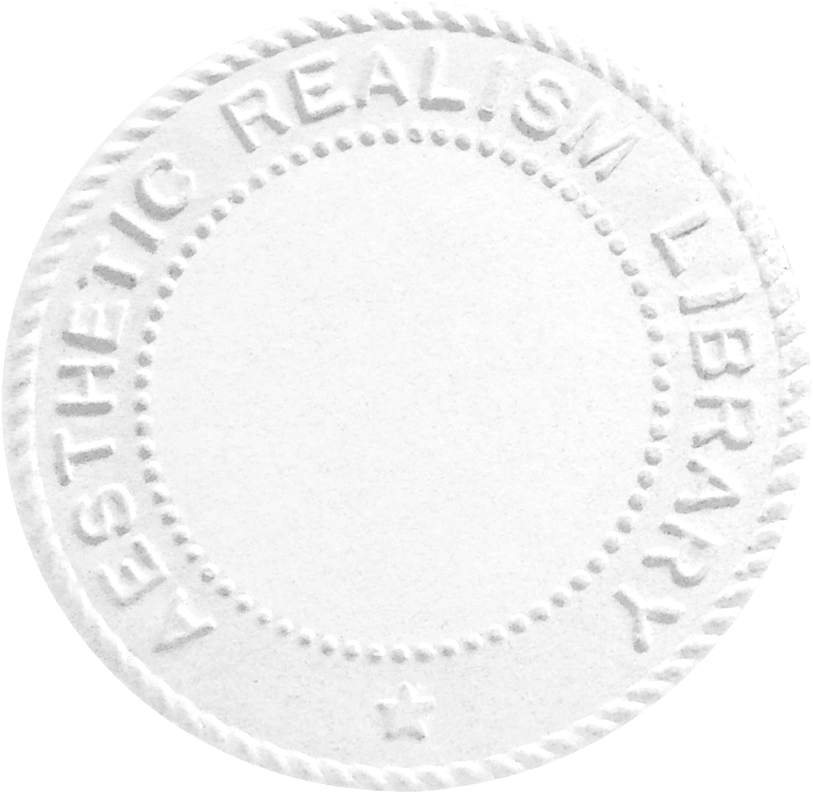Translations by Eli Siegel
“Eli Siegel’s translations of Baudelaire and his commentaries on them rank him with the most understanding of the Baudelaire critics in any language.”
—Kenneth Rexroth,The New York Times Book Review
The Albatross, By Charles Baudelaire
Often, to amuse themselves the men of the crew
Lay hold of the albatross, vast birds of the seas—
Who follow, sluggish companions of the voyage,
The ship gliding on the bitter gulfs.
Hardly have they placed them on the planks,
Than these kings of the azure, clumsy and shameful,
Let, piteously, their great wings in white,
Like oars, drag at their sides.
This winged traveler, how he is awkward and weak!
He, lately so handsome, how comic he is and uncomely!
Someone bothers his beak with a short pipe,
Another imitates, limping, the ill thing that flew!
The poet resembles the prince of the clouds
Who is friendly to the tempest and laughs at the bowman;
Banished to ground in the midst of hootings,
His wings, those of a giant, hinder him from walking.
From Hail, American Development (Definition Press)
© 1968 by Eli Siegel
See Eli Siegel’s translations of Baudelaire’s “Hymn,” “To the Reader,” and “The Voyage, VIII.” You can also find out more about Baudelaire on our sites.
We recommend as well “What Poetry Really Is—& Your Own Hopes,” an issue of The Right of Aesthetic Realism to Be Known, commentary by Ellen Reiss, lecture by Eli Siegel.



Eli Siegel’s note to the poem:
The Albatross, By Charles Baudelaire. 1967. Baudelaire wrote some ingenious moral poems—which have in them Lamartine, Sully-Prudhomme, Francis Jammes, let alone William Cullen Bryant. The Albatross is one of these ingenious moral poems. It belongs to the Ethical Bestiary of the nineteenth century. The albatross becomes part of an anecdote; the infelicity a poet may be near is before us—and the infelicity is striking, sad, funny. Poets have been awkward: they have seemed funny. Coleridge, Shelley, Swinburne, among others, have seemed funny. The albatross manifests the unsuccessful bridging of two worlds poets’ lives frequently contain. Walking and flying can stand for two kinds of consciousness which may collide and call each other names. The albatross contains enough of the farcical, tragical implications of unplanned doubleness.